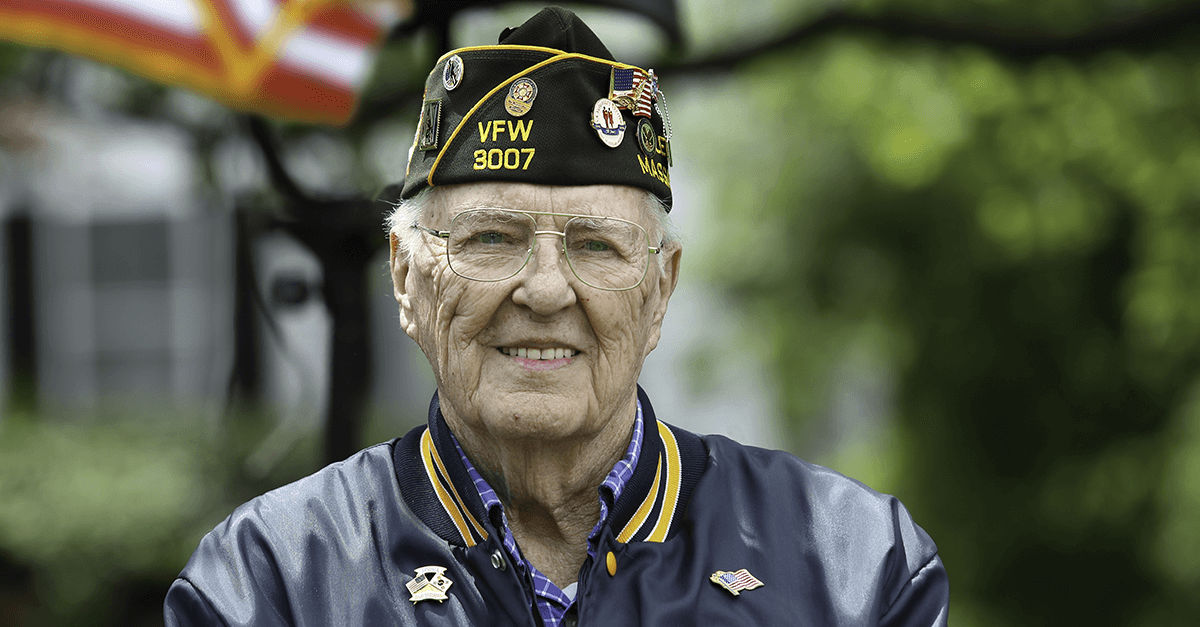A study conducted in the United Kingdom titled "Mesothelioma: Exploring psychological effects on Veterans and their family caregivers" sheds light on the psychological challenges facing veterans and their caregivers. Its findings are particularly relevant to American families because of the shared military culture and the high incidence of mesothelioma among U.S. veterans.
Key Takeaways
- The study explores the mental health struggles of veterans and caregivers dealing with mesothelioma.
- Military habits shape how veterans and caregivers handle pain, share information, and cope with disease.
- Health care professionals should understand and acknowledge the military experiences of patients and caregivers.
- There is a clear need to increase awareness of asbestos risks among health care workers, the public, and the military.
The Impact of Military Culture on Mesothelioma Caregiving
According to the study, military culture significantly impacts how veterans and their caregivers deal with mesothelioma. This impact is evident in different areas, such as pain management, sharing of information, and coping mechanisms.
Pain Management Challenges
Veteran mesothelioma patients and their caregivers often struggle to manage the pain associated with this condition. A recent study revealed that military veterans and their caregivers may have unique challenges in coping with pain due to their military background.
Veterans may be more likely to tolerate high pain levels without seeking help, making it difficult to manage their pain levels accurately. This endurance trait learned during military training could result in underreporting pain levels, making pain management less effective.
Information Sharing Between Medical & Caregiving Teams
The study found that military culture affects how veterans, their caregivers, and health care professionals share information. This is because military culture emphasizes secrecy, which can impact the openness of communication about the disease and its symptoms.
Depending on whether communication styles align or not, this can result in feelings of camaraderie and safety as well as feelings of isolation and distress.
Coping Strategies When Caring for Veterans With Mesothelioma
The military background of veterans and their caregivers can influence their coping strategies.
Veterans tend to take a task-oriented approach by seeking factual information and planning to handle their illnesses.
While this approach can help them feel more secure and in control, it may also cause conflicts with health care professionals if they do not receive clear and direct communication.
The Crucial Need for Awareness and Understanding
As emphasized by recent studies, raising awareness about the dangers of asbestos exposure is crucial for health care professionals, the public, and the armed forces. Additionally, it is important for health care providers to recognize and appreciate the military background of their patients and caregivers.
Health care professionals should be empathetic when delivering difficult news and receive adequate training to communicate effectively with patients.
Encouraging veterans to report their pain levels accurately is also imperative, which can be achieved through digital tools such as Mesothelioma UK's app, Your Health Companion. Similar pain management tools in the U.S. enable patients to be truthful without fear of judgment, particularly among male patients.
Parallels Between U.S. Veterans & Their Families
There are numerous parallels between the UK study and the potential implications for U.S. veterans and their families. U.S. and UK veterans have had significant exposure to asbestos, especially those who served in the Navy or worked in shipyards.
The military culture of stoicism and resilience is common among U.S. and UK veterans. This culture can influence how veterans respond to a mesothelioma diagnosis, their approach to pain management, and their communication with health care professionals.
Psychological Impacts & Support Services
The psychological impact of a mesothelioma diagnosis, including anxiety, depression, and post-traumatic stress disorder (PTSD), is likely similar for veterans in both countries.
Family caregivers are crucial in supporting veterans with mesothelioma in the U.S. and the UK. The challenges faced by these caregivers, including caregiver burnout, stress, and the need to navigate complex health care systems, are likely to be similar in both countries.
The study highlights the need for support services for veterans with mesothelioma and their caregivers. This need is equally relevant in the U.S., where support services could include mental health counseling, pain management programs, and assistance navigating the VA benefits system.
The study underscores the importance of raising awareness about the risks of asbestos exposure among health care professionals, the public, and the armed forces. This is equally important in the U.S., where increased awareness could lead to earlier diagnoses and better outcomes for veterans with mesothelioma.
Veterans Require Specialized Care
This research highlights the unique psychological challenges that veterans and their caregivers face when dealing with mesothelioma. Health care professionals should be aware of and respect the military background of these patients and their caregivers by adapting communication and care strategies accordingly.
Raising awareness about the risks of asbestos exposure is also crucial to improve communication and protect others. The study's findings can greatly benefit nurses who provide support to veterans with mesothelioma and other incurable cancers and their caregivers.
It is a valuable resource for health care professionals who work with this population and a significant contribution to understanding the psychological impact of mesothelioma on veterans and their caregivers.
The study was conducted by a group of researchers from the University of Sheffield, including Virginia Sherborne, a research associate, Angela Tod, a professor of older people and care, and Bethany Taylor, a research fellow.

